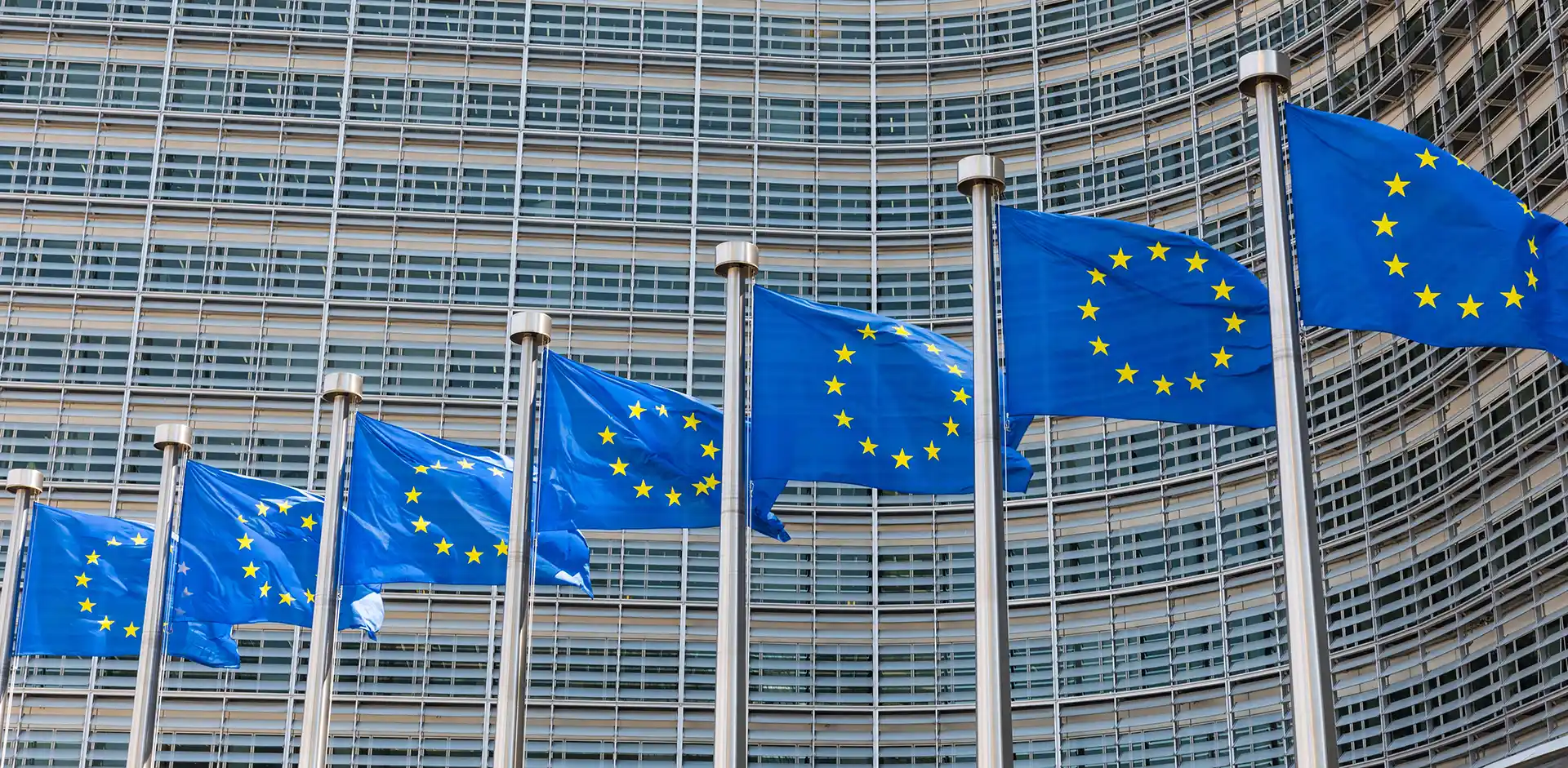The European Parliament has approved new rules that give the European Union greater authority to suspend visa-free travel arrangements with third countries. The move follows concerns about security risks, human rights violations, and misuse of visa privileges by some non-EU states.
In a vote held on Tuesday, Members of the European Parliament endorsed a reform of the existing visa suspension mechanism, which currently applies to 61 countries whose citizens can visit the EU’s Schengen area without a visa for up to 90 days within any 180-day period.
Under the revised system, the European Commission will have more flexibility to temporarily or permanently reintroduce visa requirements when specific conditions are met. These conditions include a rise in serious criminal offenses by nationals of the concerned country, large numbers of failed asylum applications, visa overstays, or entry refusals.
The threshold for considering a “substantial” increase in visa overstays or serious crime is now set at 30%. For low asylum approval rates, the benchmark has been set at 20%, though the Commission may deviate from these figures in well-justified cases.
The new legislation also expands the list of grounds that can trigger a suspension. These include hybrid threats such as the state-driven use of migrants for political pressure, the operation of investor citizenship programs that pose security risks, and failure to align with EU visa policy.
Additional grounds include violations of international law, the UN Charter, or human rights, as well as failure to comply with international court rulings.
To hold governments accountable, the updated rules allow the EU to target visa suspensions specifically at government officials deemed responsible for human rights violations or breaches of international obligations.
Slovenian MEP Matjaž Nemec, who led the reform effort, stated that the EU’s visa policy is a powerful foreign policy tool and must reflect the Union’s commitment to international law and human rights. He emphasized that the changes allow the EU to act more decisively when those values are at risk.
The proposal passed with 518 votes in favor, 96 against, and 24 abstentions. While already agreed upon by Parliament and Council negotiators, the legislation still requires formal adoption by the Council. Once published in the EU’s Official Journal, it will take effect 20 days later.
To date, the EU has only revoked visa-free travel once, in the case of Vanuatu. The revised mechanism is expected to strengthen the EU’s ability to respond swiftly and proportionately to future concerns.




























































































































































































































